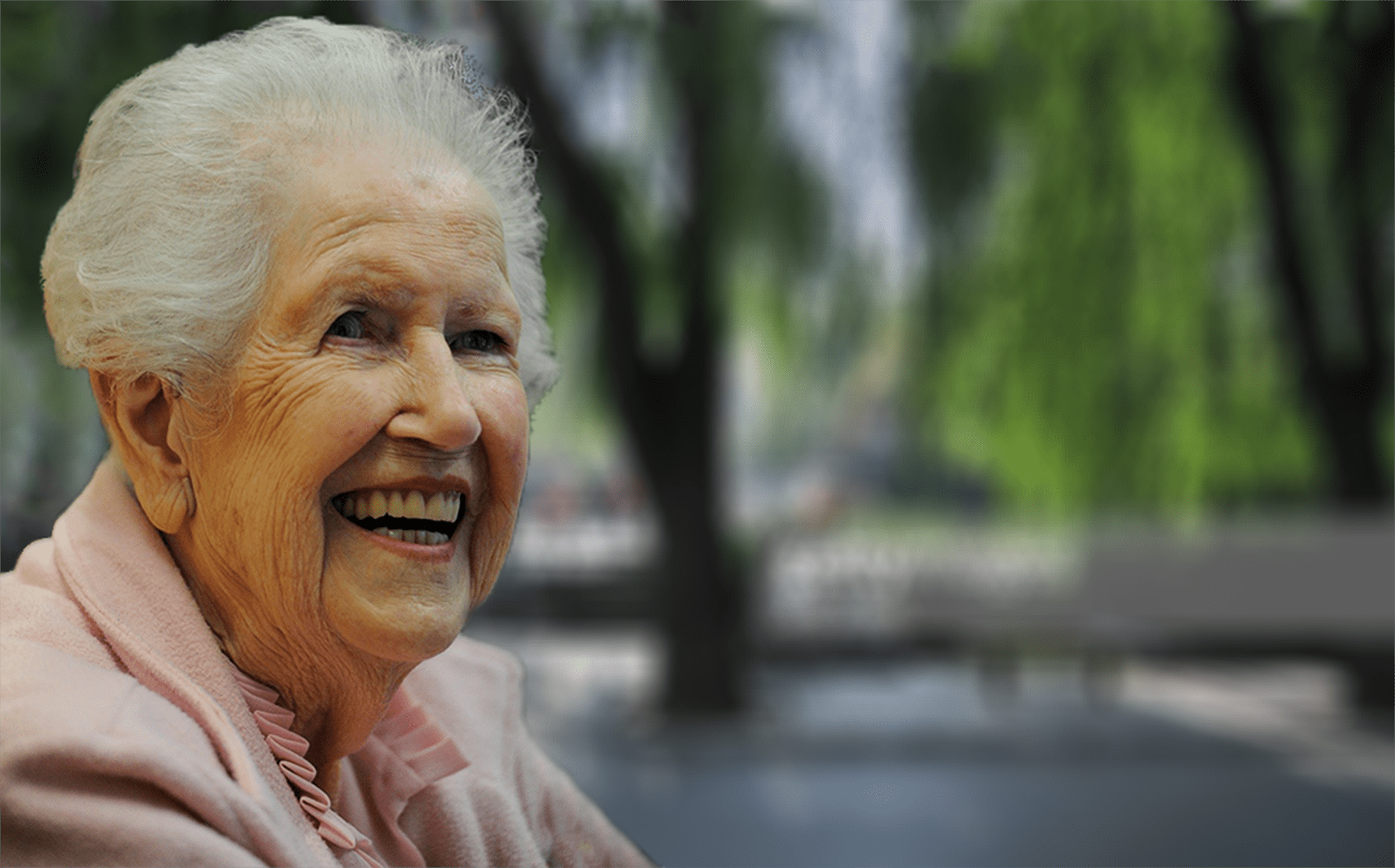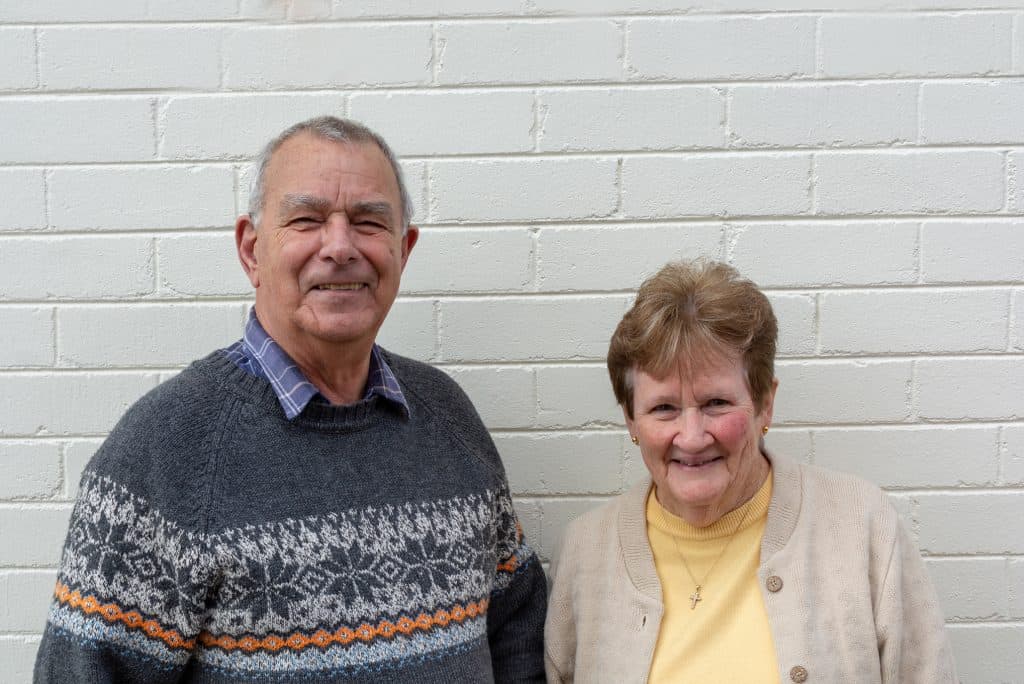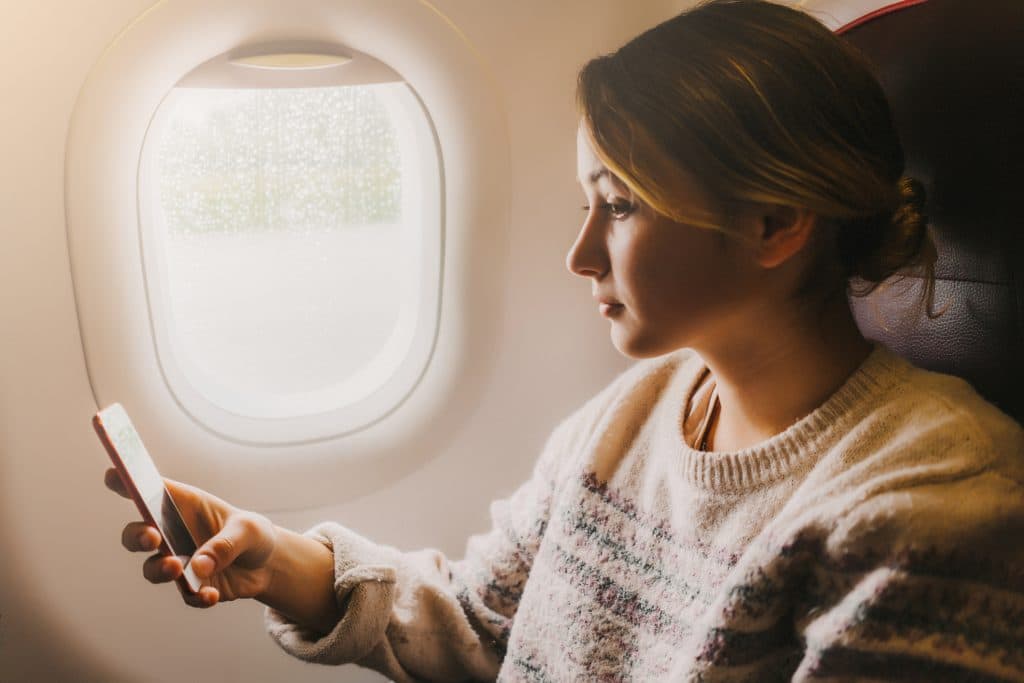When Dulcie ‘Loyal’ Selleck was in her 90s, she dismissed the idea of a cochlear implant to improve her hearing claiming it was a “waste of time and money” because of her old age.
“I will probably be dead in six months,” she told her family.
But at the age of 98, Loyal’s life was transformed when she became perhaps the oldest Australian to receive a Cochlear™ Implant.
Her surgeon, Professor Stephen O’Leary, chair of otolaryngology at the University of Melbourne, said he believes Loyal is the oldest beneficiary and she is certainly his oldest patient.
Loyal recently celebrated her 100th birthday, and was able to enjoy the festivities held in her honour all the more because she could hear almost every word spoken.
“It’s the best thing,” she said of her capacity to hear the world around her. “It’s lovely to hear [my family’s] voices. I can hear the birds talking…. It’s lovely to talk to friends.”
Loyal’s four children and their families were among special guests at the party including multichannel cochlear implant inventor Professor Graeme Clark.
Her youngest daughter, Joy Murphy, recalled her mother’s reluctance to have a cochlear implant reasoning that at her age, it would be a waste of time and money.
However, when anaesthetist Dr Peter Seal confirmed she was exceptionally fit and could cope with an anaesthetic, Loyal agreed to take her chances.
Joy said her mother wished she had acted sooner.
She said her mother goes out five days a week, meets up with friends twice a week, enjoys eating chocolate while riding her exercise bike and loves her crosswords, reading and bingo.
Professor O’Leary said the impact of an implant on an older person’s life was far reaching: “We have understood the importance of keeping you connected with family which has great intrinsic value.
“It has taken us a lot longer to realise the importance of implanting in older people but I think the value to your family, your grandchildren and great grandchildren – the connection across generations cannot be underestimated.”
“Watching the way the family can now interact has shown me it’s worth it,” he said. “It shows us that people need to be valued at every age. We fix hips at 98, why not hearing.”
Loyal said before her cochlear implant she couldn’t even hear thunder, was unable to communicate and tried to lip read.
Sarah Selleck, who travelled with her family from Saudi Arabia for her grandmother’s special day, recalled accompanying her to a hearing specialist several years ago.
“She had a new hearing aid and she got her hopes up that it would be wonderful and she would be able to hear. To see her face falling with disappointment, it brought a tear to my eye. It was devastating. She hid it well but you could tell she was disappointed.”
Professor O’Leary urged people to have their hearing tested. “It’s the biggest mistake not to seize the day and look at options. People will learn about themselves, their hearing and they too could have the benefit of an implant.”
A happy and relaxed Loyal, delighted to be doing something in support of cochlear implants said: “You are never too old.”
The great grandmother who worked as a talented seamstress while raising her children living on a farm, is quietly pleased to be 100, although says she only feels “about 60”.




